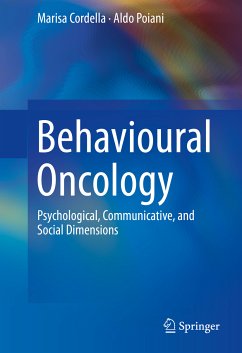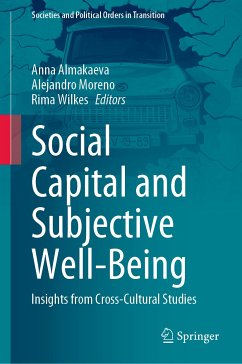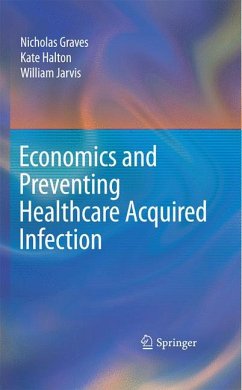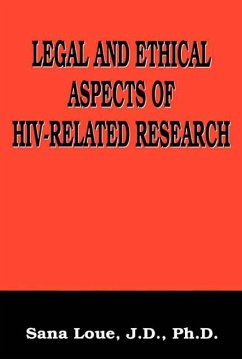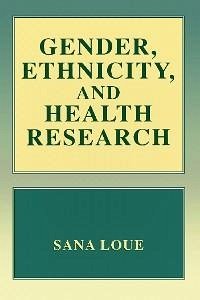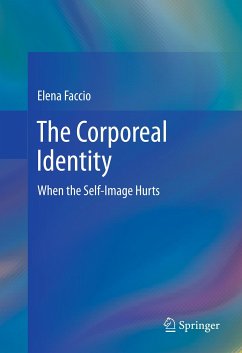
Social Capital and Health (eBook, PDF)
Versandkostenfrei!
Sofort per Download lieferbar
72,95 €
inkl. MwSt.
Weitere Ausgaben:

PAYBACK Punkte
36 °P sammeln!
This book discusses social capital - a concept that originated in the social sciences - and its application to the field of public health. The editors take care to define the concept of social capital, describe its theoretical origins, and discuss the controversies and debates surrounding the use of the concept in public health research and practice. The book provides a comprehensive "tool kit" of current approaches to measure social capital. Further, the book surveys the empirical evidence linking social capital to physical and mental health outcomes, health-related behaviors (like smoking), ...
This book discusses social capital - a concept that originated in the social sciences - and its application to the field of public health. The editors take care to define the concept of social capital, describe its theoretical origins, and discuss the controversies and debates surrounding the use of the concept in public health research and practice. The book provides a comprehensive "tool kit" of current approaches to measure social capital. Further, the book surveys the empirical evidence linking social capital to physical and mental health outcomes, health-related behaviors (like smoking), and aging-related outcomes. There is a growing demand for material on social capital, particularly in the applied fashion presented here.
Dieser Download kann aus rechtlichen Gründen nur mit Rechnungsadresse in A, B, BG, CY, CZ, D, DK, EW, E, FIN, F, GR, HR, H, IRL, I, LT, L, LR, M, NL, PL, P, R, S, SLO, SK ausgeliefert werden.




